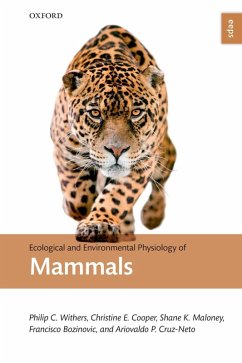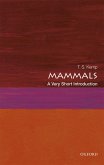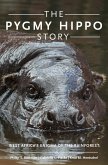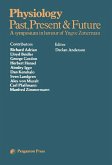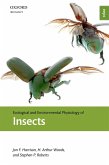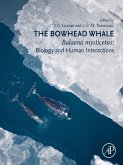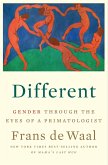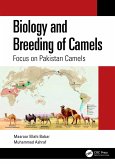Mammals are the so-called "pinnacle" group of vertebrates, successfully colonising virtually all terrestrial environments as well as the air (bats) and sea (especially pinnipeds and cetaceans). How mammals function and survive in these diverse environments has long fascinated mammologists, comparative physiologists and ecologists. Ecological and Environmental Physiology of Mammals explores the physiological mechanisms and evolutionary necessities that have made the spectacular adaptation of mammals possible. It summarises our current knowledge of the complex and sophisticated physiological approaches that mammals have for survival in a wide variety of ecological and environmental contexts: terrestrial, aerial, and aquatic. The authors have a strong comparative and quantitative focus in their broad approach to exploring mammal ecophysiology. As with other books in the Ecological and Environmental Physiology Series, the emphasis is on the unique physiological characteristics of mammals, their adaptations to extreme environments, and current experimental techniques and future research directions are also considered. This accessible text is suitable for graduate level students and researchers in the fields of mammalian comparative physiology and physiological ecology, including specialist courses in mammal ecology. It will also be of value and use to the many professional mammologists requiring a concise overview of the topic.
Dieser Download kann aus rechtlichen Gründen nur mit Rechnungsadresse in A, B, BG, CY, CZ, D, DK, EW, E, FIN, F, GR, HR, H, IRL, I, LT, L, LR, M, NL, PL, P, R, S, SLO, SK ausgeliefert werden.

